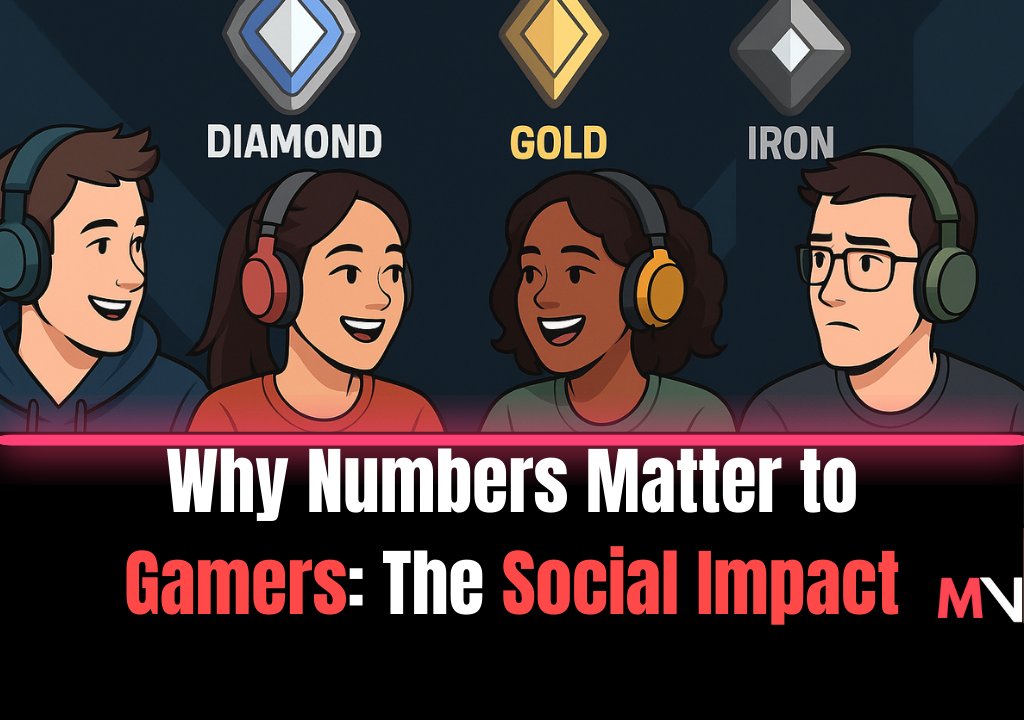Why Numbers Matter to Gamers: The Social Impact of Rank
In Valorant and other competitive games, numbers like rank, RR, and MMR are more than just numbers. They are strong social signals. For a lot of players, their rank is part of who they are, their status, and their drive. Knowing the social side of ranked play can help you understand why so many players work hard to get to the top and why numbers matter more than just gameplay.
1. Status and Recognition: Why Rank Matters in Social Situations
A high rank is a sign of respect. If you're Immortal or Radiant, it means you're skilled, disciplined, and committed. Other players immediately respect those achievements, which makes rank a form of social currency.
2. Checking and Comparing
Players often look at their ranks to see how they stack up against friends, teammates, or even rivals. This leads to both healthy competition and, at times, toxic cycles of validation, where rank determines self-worth.
3. Drive and Motivation
Moving up the ranks makes it easy to see how far you've come. Players have goals to reach, like Platinum, Diamond, or Radiant. These goals are better at keeping people motivated than just playing for fun.
⚠️ The Bad Things About Being Obsessed with Your Rank
- Tilt and Burnout: When players care too much about losing or gaining RR, ranked becomes more stressful than fun.
- Toxicity in Lobbies — Teammates often judge each other right away based on their rank, which makes communication worse.
- Over-Queuing: Some people work too hard to keep their social status, which can backfire and hurt their performance.
📊 How Numbers Affect Behavior
- Queue Choice: Players often skip games if they think they might lose too much RR.
- Choosing an agent: Some people choose duelists more often to "carry" games because they think it will raise their MMR faster.
- Change in Playstyle: Players may become more passive, careful, and risk-averse when they are afraid of losing rank.
These actions show that numbers don't just show how far you've come; they also change how people play and interact with each other.
🟢 Finding the Right Balance
- Don't just look at your RR; look at your headshot percentage, clutch success, and first-bloods as well.
- Know that rank is not who you are; it's just a way to measure how well you're doing.
- Don't use rank to prove yourself; use it to motivate yourself.
🔗 Keep an eye on your numbers the right way
Go to mmrvalorant.com
if you want to know how your hidden MMR, win rates, and performance trends really affect your climb. With data-driven insights, you can see more than just the numbers and get better without letting your rank define you.
Tags

Author




